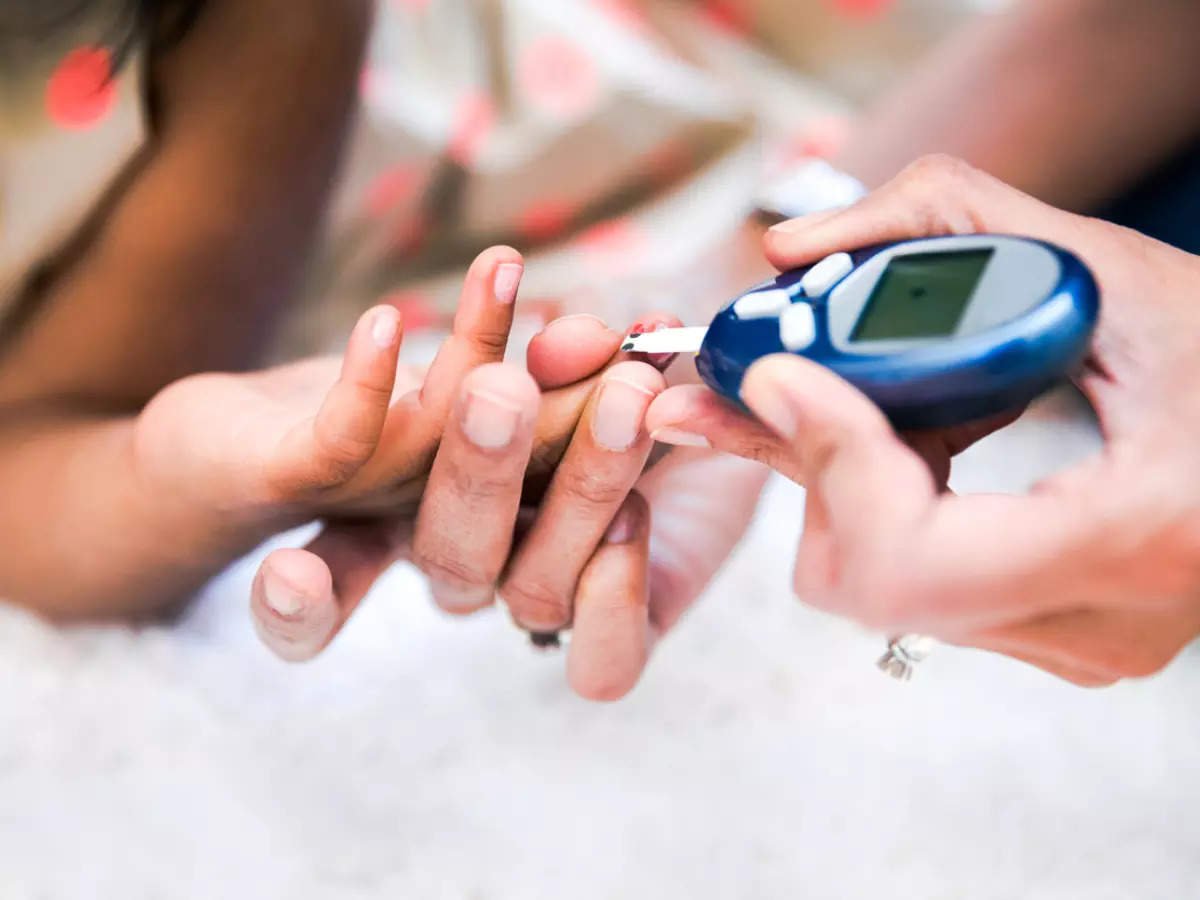When it comes to taking care of diabetes, it’s key to keep an eye on your blood sugar levels, very crucially during the night. This time of the day could be particularly troublesome for those with diabetes as there could be changes in blood sugar while you’re asleep. Here are 6 useful tips to help you manage high sugar levels when it’s bedtime.
Keep A Check Of Your Blood Sugar Levels
Among the crucial ways to manage high sugar levels at night is constantly keeping tabs on them. It includes checking your levels just before your sleep time and even in between if needed. Doing this allows you to see any patterns and adjust your diabetic care plan correspondingly.
Follow A Particular Diet Routine
The kind of dinner you have directly impacts your sugar levels throughout the night. Choosing low-glycemic index foods like whole grains, lean proteins, and non-starchy veggies can prevent any unexpected sugar level spikes during your sleep. Avoiding high-carb and sugary foods pre-sleep can also contribute to better control.
Stay Well-Hydrated
Staying adequately hydrated is key for blood sugar management, day or night. Keeping up with a good hydration level in the evenings can ward off dehydration and prevent high blood sugar levels. However, do watch out for sugary drinks or overdrinking fluids nearing bedtime, as it may interfere with your sleep.
Exercise Regularly
Physical activity plays a pivotal role in regulating your sugar levels, including at nighttime. Regular workouts like walking, cycling, or yoga, can boost insulin sensitivity and contribute to better blood sugar control. Just remember not to indulge in vigorous activities close to bedtime.
Follow A Strict Sleep Routine
Getting good-quality sleep isn’t just great for your overall health and wellness, but vital for those with diabetes. Poor sleep quality can meddle with your insulin levels and other hormones, which can cause fluctuations in your blood sugar. To improve your sleep quality, establish a night routine, create an inviting sleep atmosphere and practice calming methods.
Keep A Track of Your Medical Check-Ups
If you notice that your blood sugar levels remain high at night despite following these tips, it’s essential to seek guidance from your healthcare provider. Your physician can reassess your diabetic care plan, make necessary changes to your medication, and provide personalized advice to control your sugar levels better. Always keep an open line of communication with your healthcare team for the effective management of diabetes and overall health.






